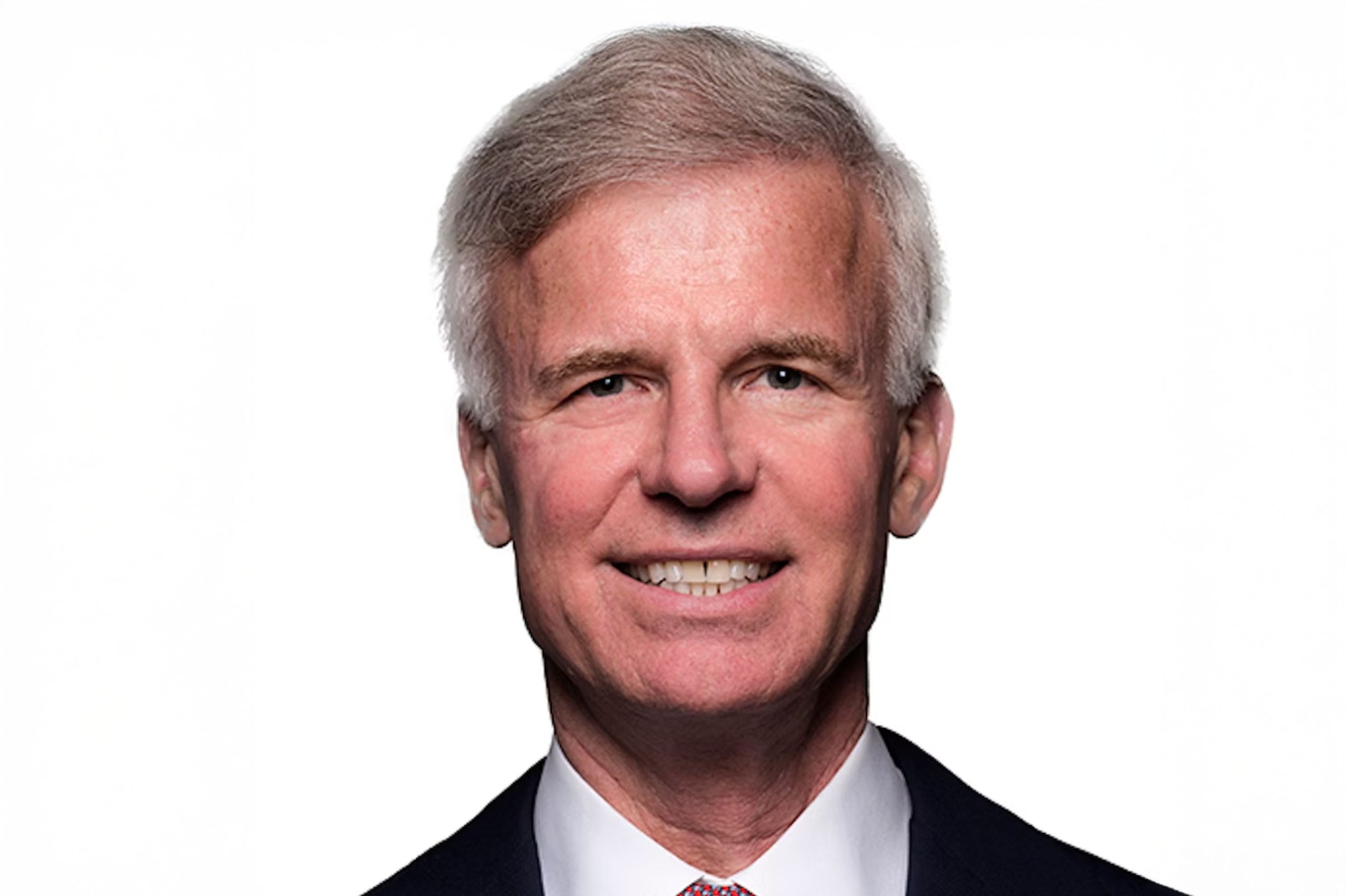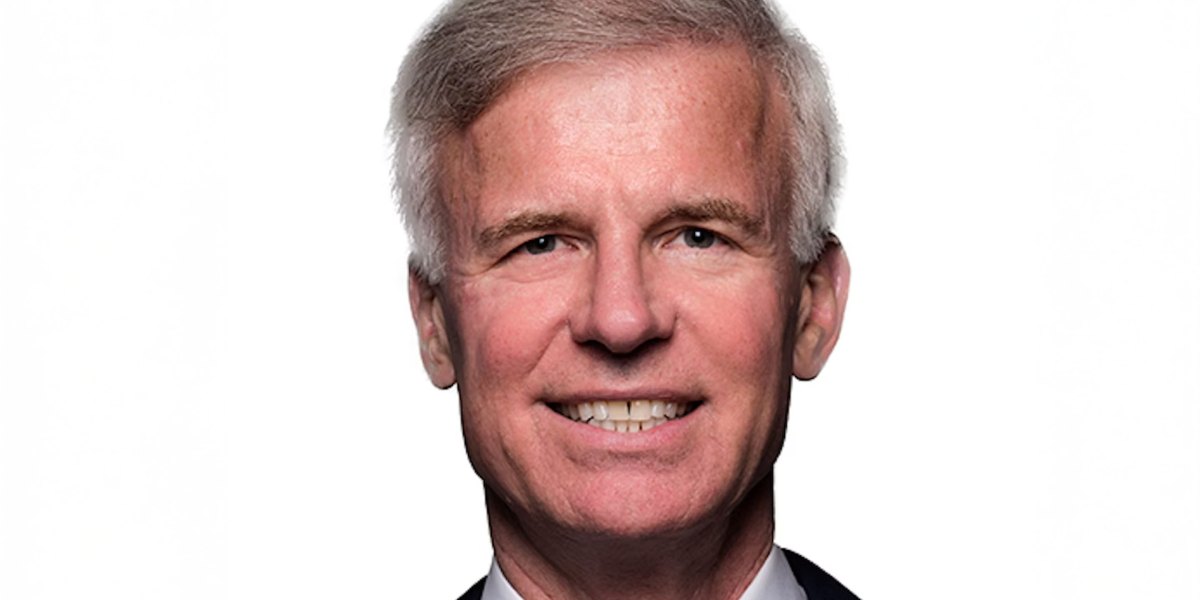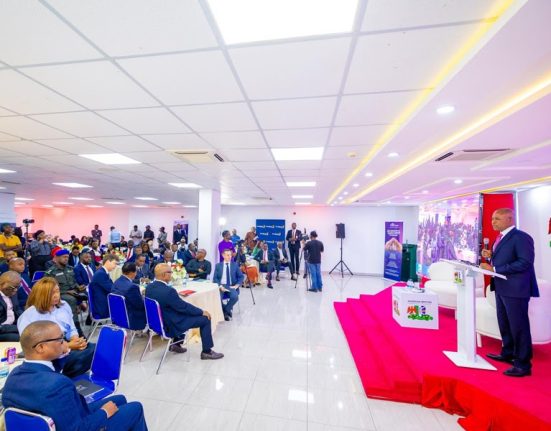
Incivility dominates too many aspects of American life, but one place still stands out as a training ground for respectful discourse: the workplace.
According to a recent survey conducted by the Ronald Reagan Presidential Foundation and Institute, 46% of Americans say they’ve learned civility skills at work, more than any other place. These skills include the ability to disagree productively and respectfully, consider opposing viewpoints, listen without interrupting and collaborate toward shared goals despite personal differences.
Civility is a critical skill both within and outside of the workplace, and one that needs to be continually cultivated through all stages of life. Companies that consciously nurture civility build cultures of trust, creativity and resilience — and set their employees, businesses and the nation as a whole up for success.
The civic role of the workplace
Today, with fewer Americans participating in civic and community life through institutions, organizations, programs, social clubs, groups, activities, and even close friendships, we rely more heavily on the workplace to forge connections with people who are different than us. The workplace is now one of the last places where people from diverse backgrounds, experiences and ideologies regularly interact and find themselves working together in pursuit of a shared goal.
Thomas Jefferson once argued that democracy depends not just on voting, but on the daily practice of collaborative problem solving and respectful disagreement. At its best, the workplace can hone these same skills, teaching people to present ideas and speak publicly, disagree respectfully for the common good and make decisions collaboratively.
In a fractured world, the office has become an unexpected civic incubator. Forward-thinking leaders should treat it as both a civic responsibility and a business opportunity.
The business case for civility
Civility isn’t just healthy for democracy and our work relationships. It’s good for the bottom line.
According to a study from SHRM, incivility costs U.S. employers $2 billion a day in lost productivity and absenteeism. When employees feel disrespected, they disengage and their productivity suffers. Teams fracture. Innovations stalls. And businesses suffer.
By contrast, workplaces built on trust and mutual respect perform better across the board. These environments benefit from stronger retention, higher morale and more innovation. It also fosters psychological safety, which encourages bold, creative thinking and effective decision-making. In short, civility supports innovation, and innovation drives success.
How civility is practiced and taught
Civility isn’t about avoiding disagreement. It’s about disagreeing well and keeping the difficult moments, whether in a work meeting or at the dinner table, productive and meaningful. Leaders can set this tone. The way you handle conflict, invite dissent and model respect filters through your entire organization.
There are three steps that can take your leadership and organization to the next level. First, practice and model civility. Invite input from colleagues, listen to their ideas with curiosity and regulate your own reactions, especially under pressure.
Second, design your workspace for it: Create space for constructive dialogue and feedback. Encourage participatory decision-making, which builds critical thinking, persuasion and buy-in.
Third, always reward positive behavior. In order to see civility repeated, you have to reinforce it. Recognize employees who collaborate across lines of difference and contribute to a respectful culture. These behaviors can be learned and taught. Workplaces that invest in them are stronger for it.
The key takeaway
In an age of social fragmentation, the workplace is the most consistent place where Americans from all walks come together. Business leaders are responsible for making these environments productive and constructive. While the workplace is not a replacement for democratic institutions, it can help revive the habits that keep them strong. If we want healthier organizations and a healthier democracy, business leaders must champion civility as a core company value.
The opinions expressed in Fortune.com commentary pieces are solely the views of their authors and do not necessarily reflect the opinions and beliefs of Fortune.









Leave feedback about this